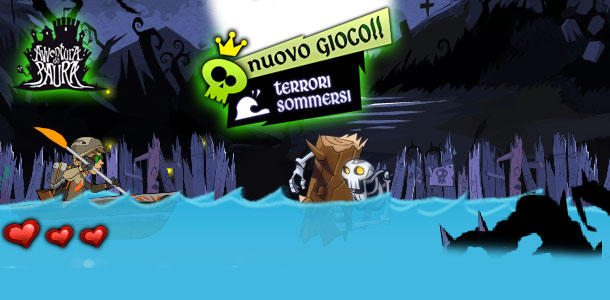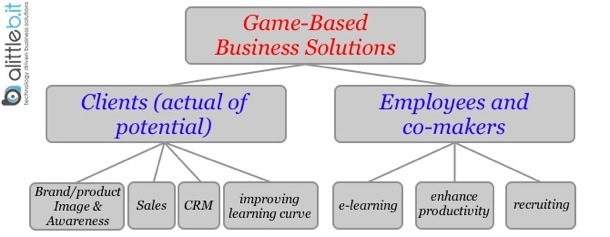GAMECITY – Nickelodeon’s social meta-game
GAMECITY is the Nickelodeon’s social meta-game, hosted into nickTV.it and connected to Facebook.
Accessing to the new GAMECITY’s section on the Nickelodeon portal NickTV.it, users will dress the part of a superhero, equipped of a super-vehicle too, called to perform continuous missions in a city populated by all the famous properties of Nickelodeon, like Spongebob, Avatar, The Penguins of Madagascar, Fairly Oddparents.
Playing to the games contained into GAMECITY, performing their missions, matching their friends, players will increase their levels, climb GAMECITY’s leaderboards and earn continuously new virtual items to customize their own avatars, new playing cards to increase their super-vehicles powers, awards and prizes to testify their progresses.
GameCity is developed with our Social Game Development Platform: LUDUM.

The Advergame’s Concept
GAMECITY is a meta-game conceived to enhance at most the NickTV.it’s brand, exploiting all Nickelodeon’s properties (like Spongebob, Avatar, The Penguins of Madagascar, Fairly Oddparents an so on).
The main GAMECITY’s marketing objectives are:Read More




